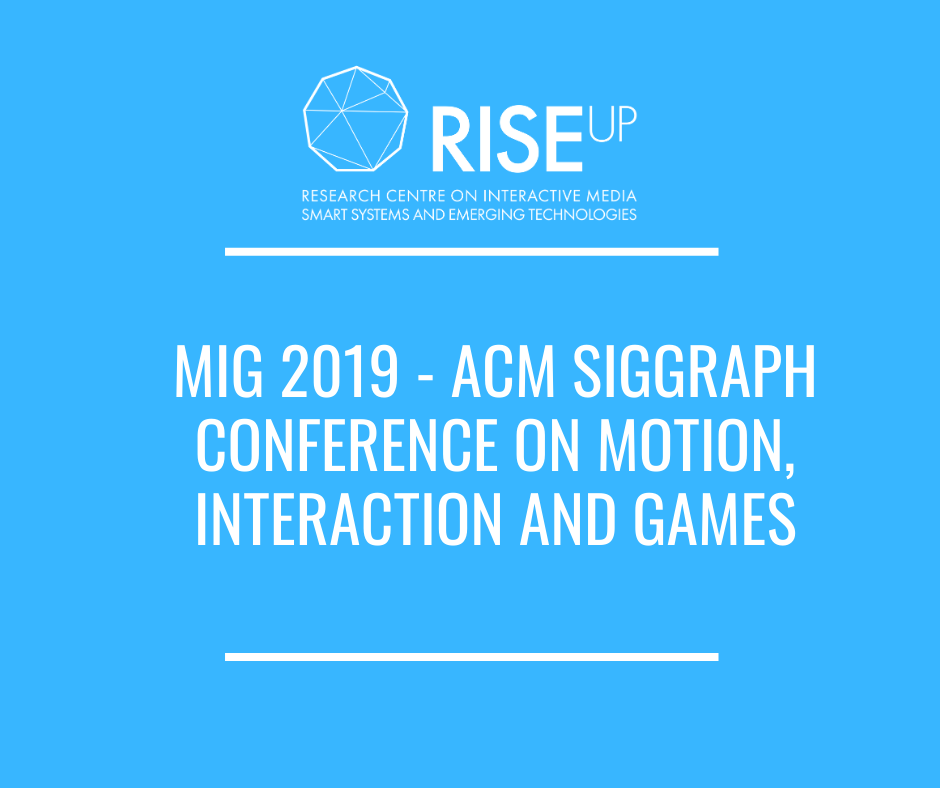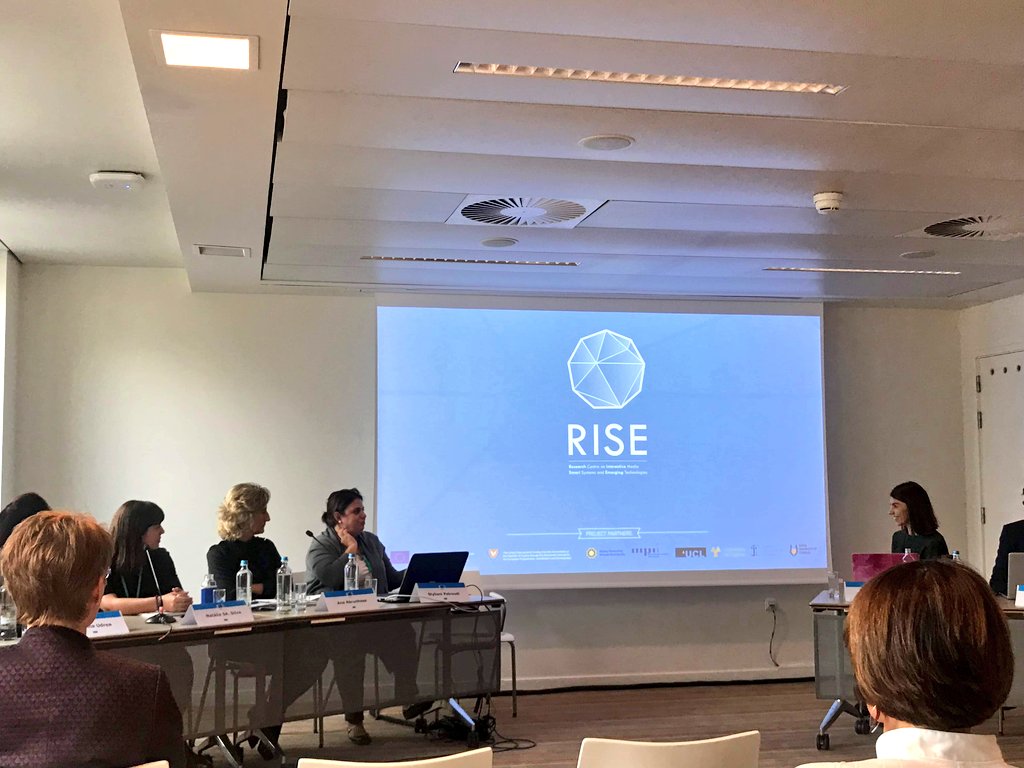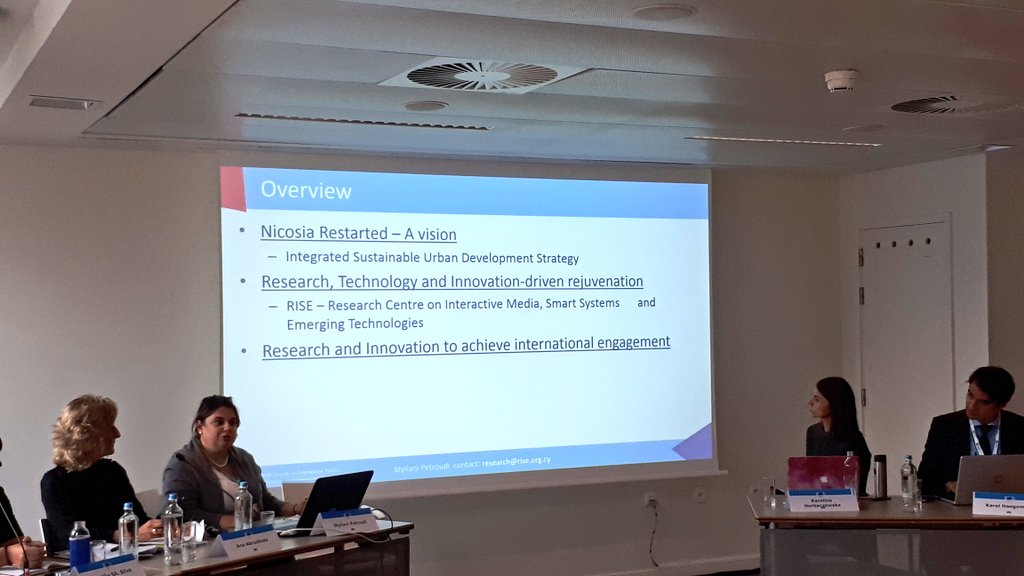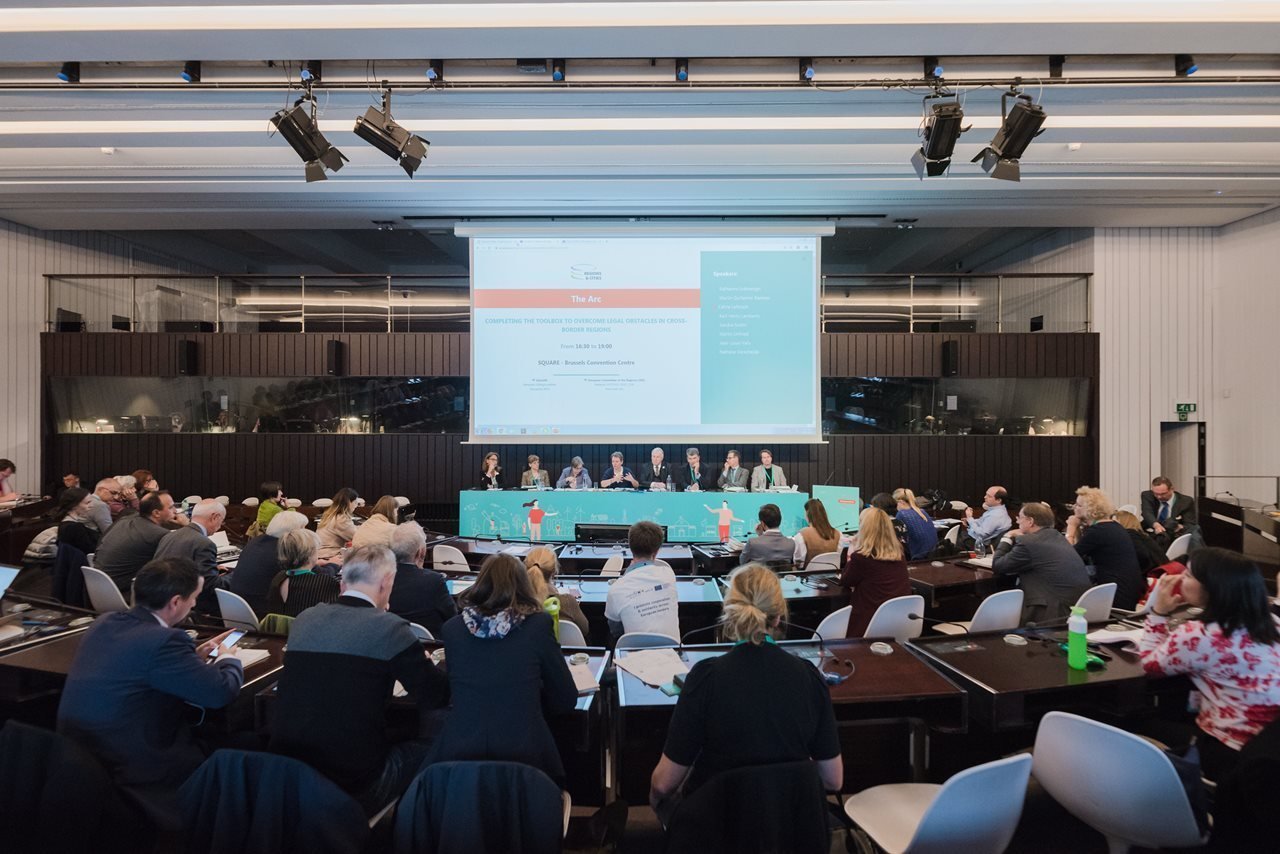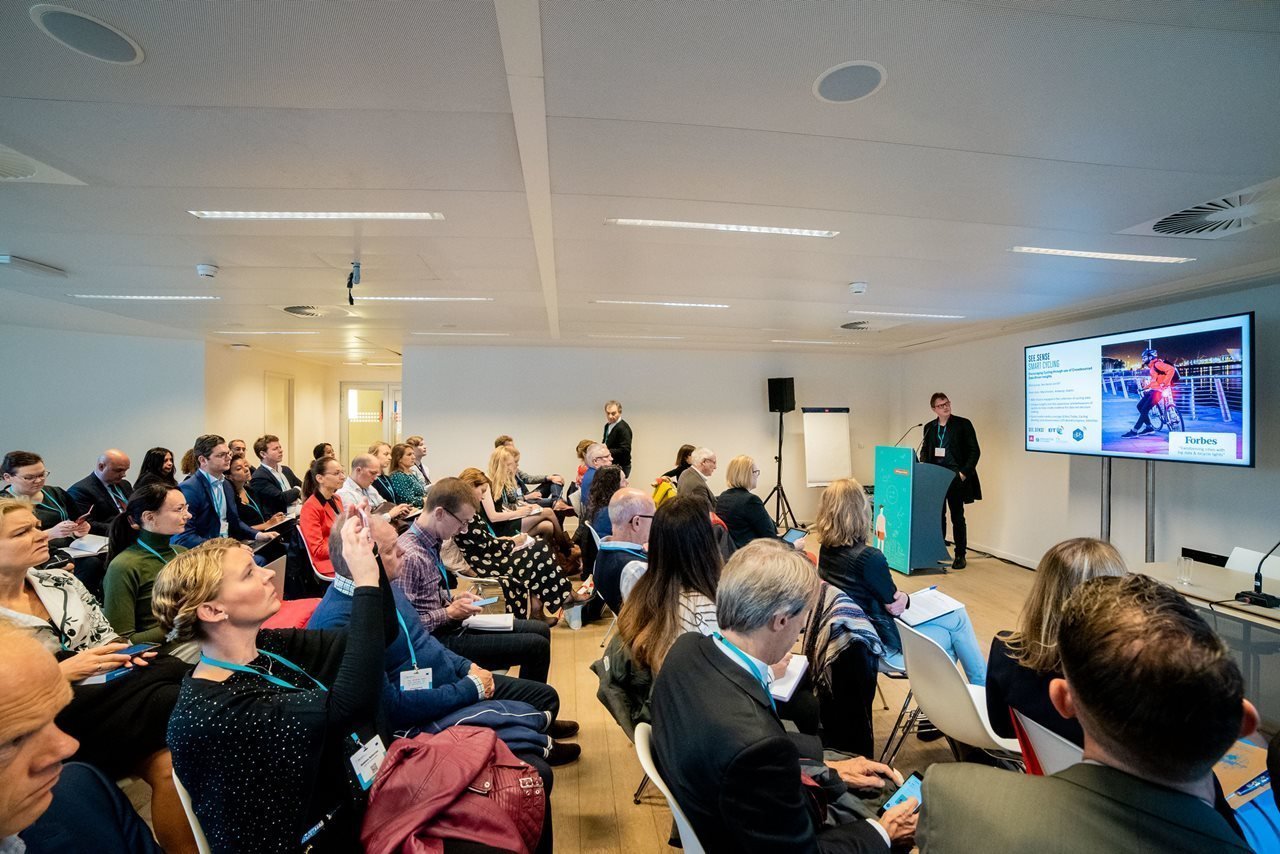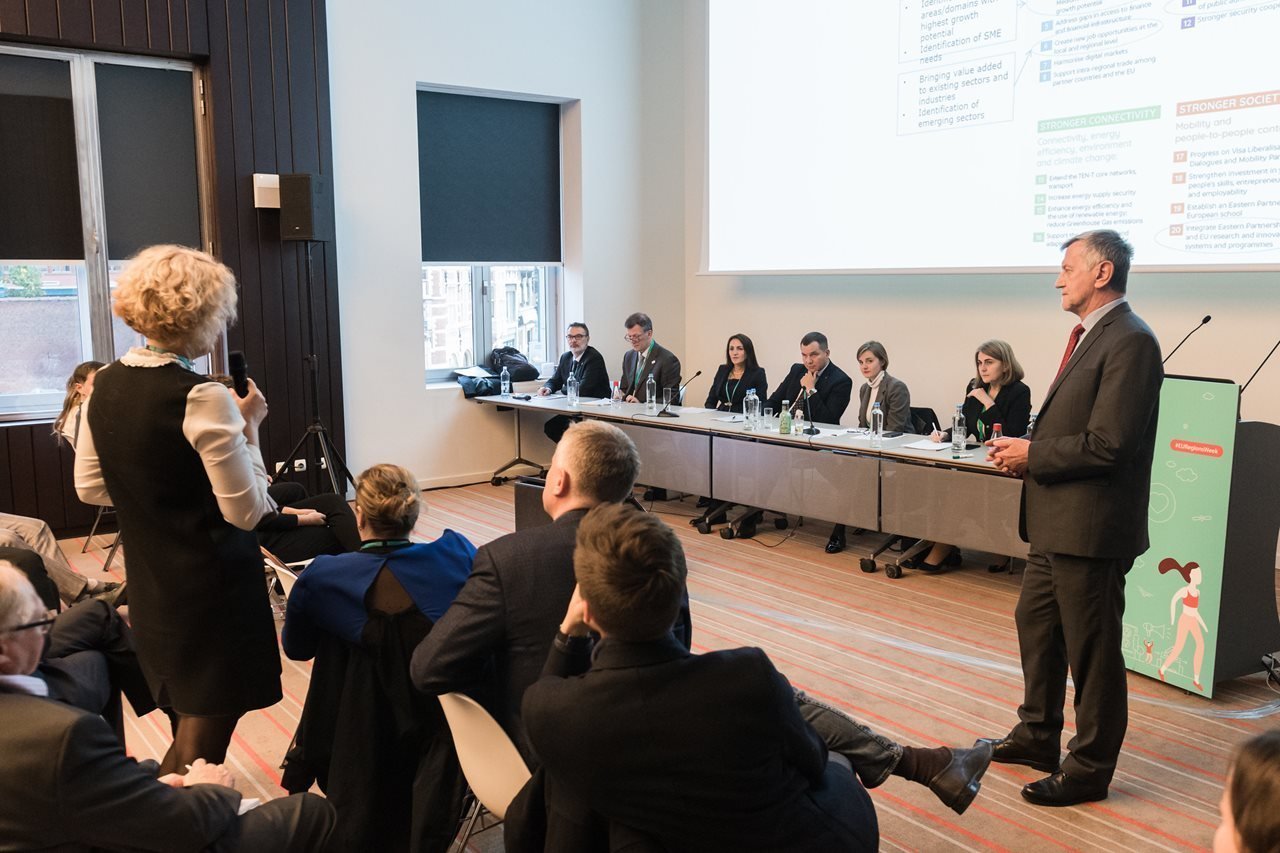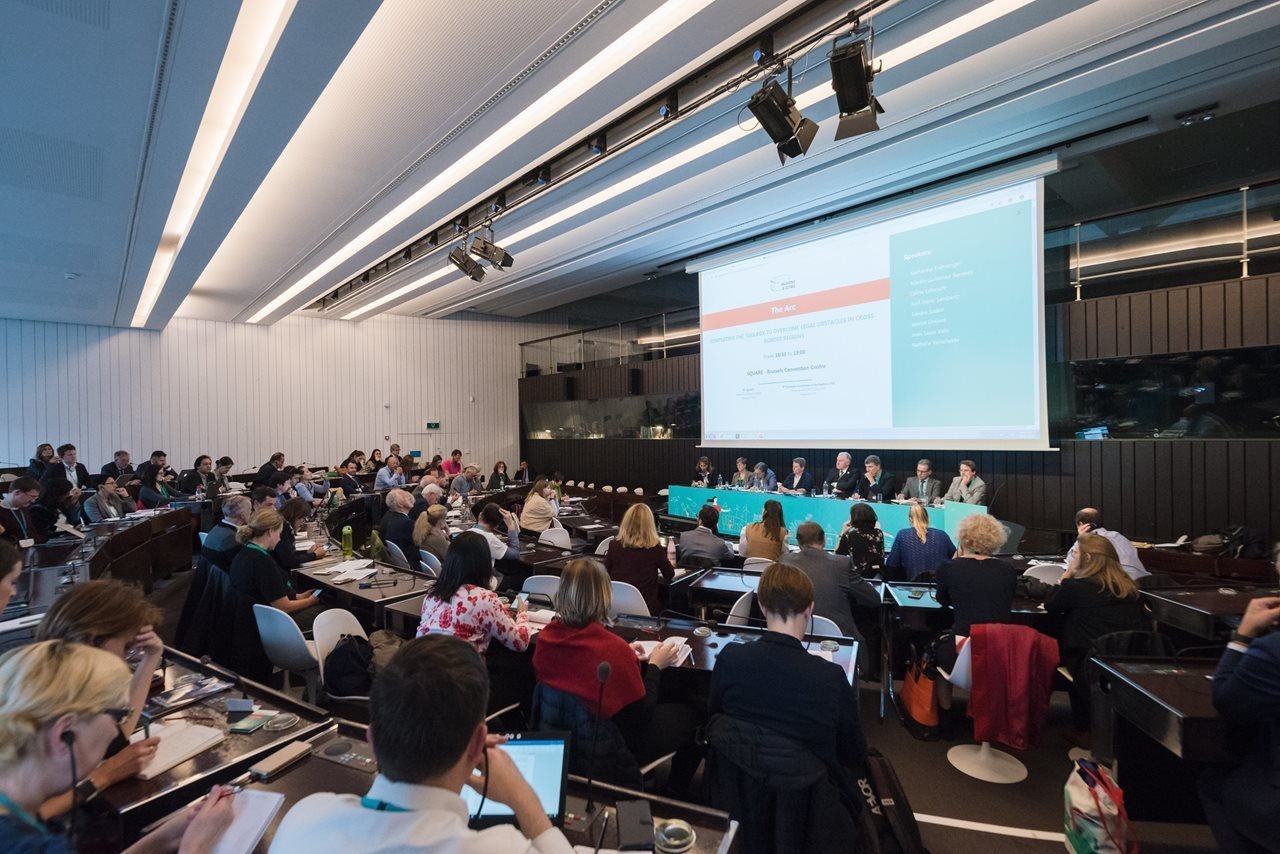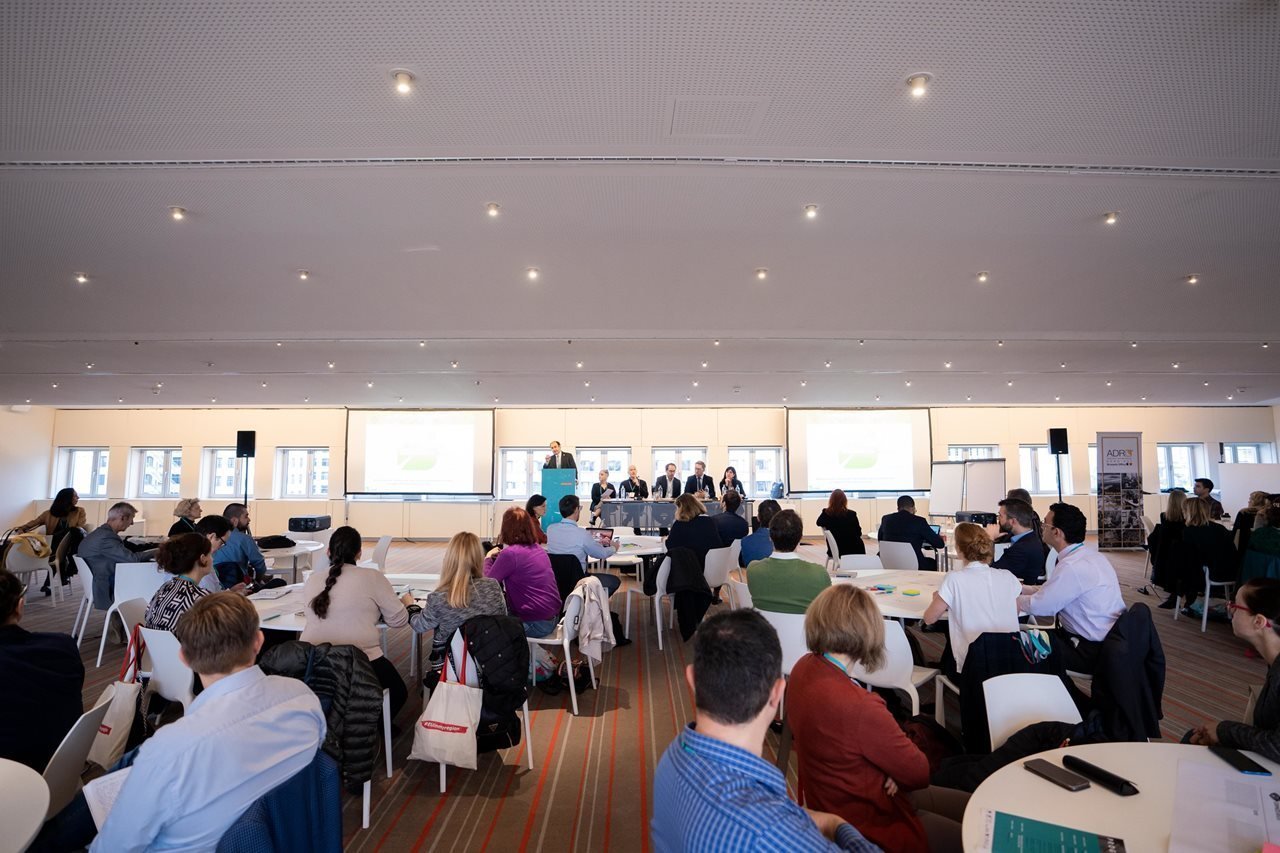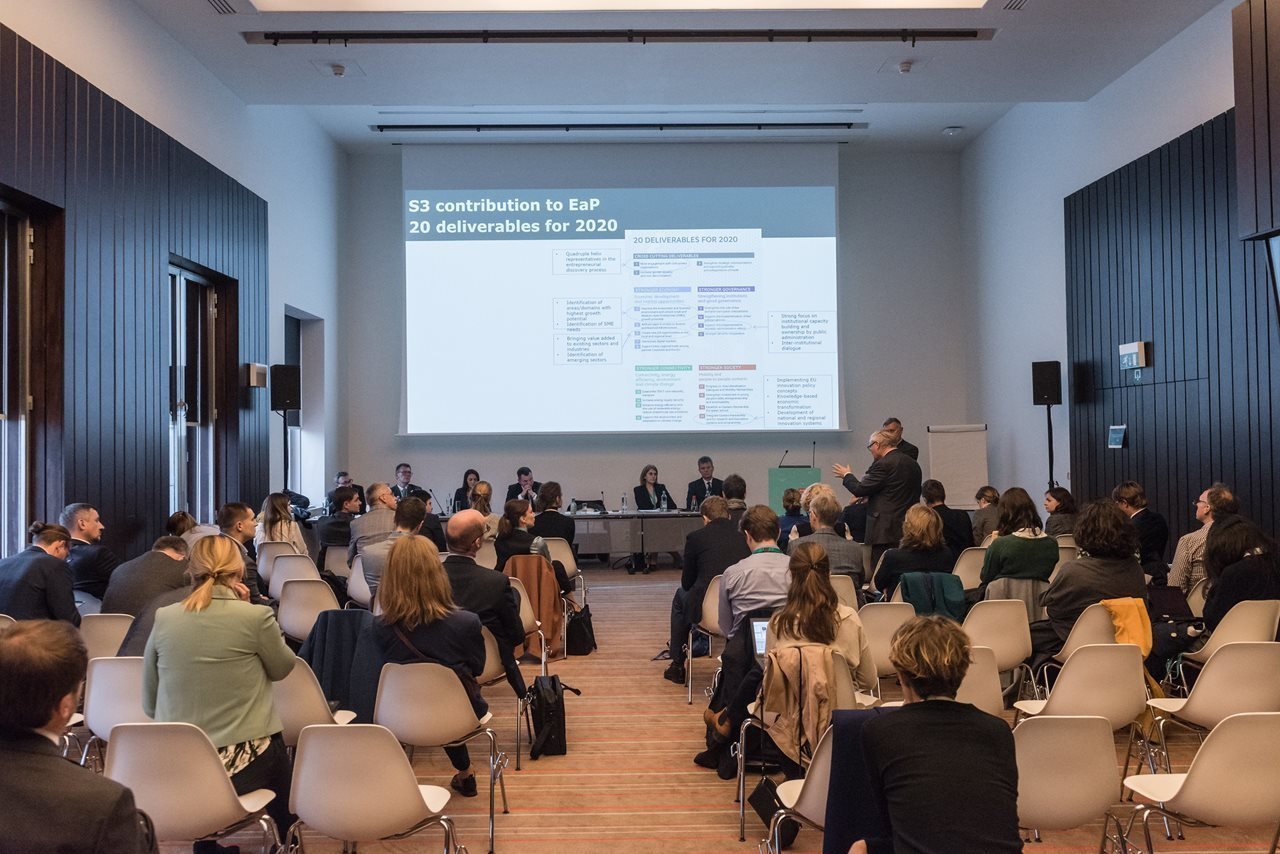European Week of Regions and Cities:
Urban and regional transitions in Widening countries and lagging regions: knowledge, tools and platforms for mutual learning and exchange
9 October 2019, 16:30 – 18:00, Square – Brussels Convention Centre
Organisers: DG Research and Innovation of the European Commission together with the Joint Research Centre of the European Commission and the Joint Programming Initiative Urban Europe
RISE was represented by Dr Styliani Petroudi, Senior Project Manager (RISE) at the Urban and regional transition in widening countries and lagging regions: knowledge, tools and platforms for mutual learning and exchange” session of the European Week of Regions and Cities.
RISE (Research Centre on Interactive Media, Smart Systems and Emerging Technologies) was showcased as an innovative example of a large “Spreading Excellence and Widening Participation” Action, led by the Municipality of Nicosia (CY) and aimed at infield development of an innovation ecosystem of ICT applications at city scale. Teaming phase 2 Actions are funded by Horizon 2020 and by national funds, including ESIF.
The focus of the session was on discussing knowledge, tools and engagement strategies to define shared visions and strategies which meet the differential characteristics and needs of urban areas and regions in widening countries and lagging regions. Within the session, the links between strategies for sustainable urban development and specific regional conditions and challenges were reflected. Approaches to the identification, mobilisation and engagement of relevant actors were discussed and experiences shared.
JPI Urban Europe has the aim to establish long-term policy relations and support urban transitions in and with Widening Countries and Europe’s Outermost Regions by engaging (urban) actors, practitioners, decision makers in its activities. At the core of all these instruments and activities is the facilitation of co-creation, cooperation across disciplines, sectors and stakeholder groups to not only create new scientific knowledge but also build capacities for action in complex urban settings. EXPAND II project, aims at mobilising national communities of urban actors of Widening Countries and to be the platform to create, combine, discuss and make available knowledge and robust evidence for urban transition.
Similarly, the JRC drew on the experiences and outcomes of providing targeted support to the implementation of RIS3 in selected EU slow growth and low income regions (so called “lagging” regions). Experiences of engagement at national, regional and urban levels provide additional inspiration and tools. Furthermore, the cross-cutting approach developed in the JRC work seeks to tackle key issues of governance, human resources, transnational cooperation and refinement of the RIS3 model. The session was planned as a multi-stakeholder workshop.

